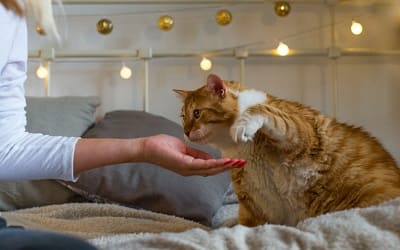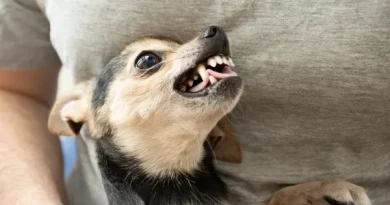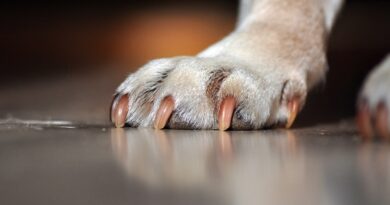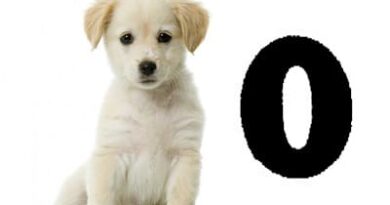Fight obesity in Cats
Fight Obesity in Cats
Recent years have shown an increase in cases of feline obesity, as well as in other companion animals. Owners are often unaware of the consequences that being overweight and obese can have on their pets, which are very serious. Therefore, here we bring you 5 keys to combat obesity in cats.

Consequences of feline obesity
Feline obesity is a disease that, sadly, in many cases becomes normal. Sometimes, some owners even focus on the grace that makes their felines look «round», without thinking about the serious consequences this has for their health.
Among these consequences are:
More likely to develop diabetes mellitus.
Risks of suffering hepatic lipidosis.
Lower tolerance for exercise.
Lower tolerance to heat.
Joint problems, such as osteoarthritis.
Dermatological problems, due to the folds that form in your skin.
Lack of proper hygiene, since they do not reach certain areas to groom themselves,
Complications at the time of surgery, due to the risks of anesthesia.
Complications of recovery from traumatology surgeries.
Respiratory problems.
For all these reasons, it is essential to know how to combat obesity in cats.
Keys to combat obesity in cats
Feeding
Food is the main factor to take care of to combat feline obesity and that of any other animal.
Some professionals indicate that the best thing to do in cases of feline obesity is to opt for a natural food, with a diet carried out under the supervision of a veterinary nutritionist.
In this way, the animal can be guided towards its ideal weight, but always taking into account the true nutritional needs of your pet. This is so because it works without losing sight of the fact that cats are strict carnivores.
The food extras
Cats are somewhat capricious animals when it comes to the demand for food and prizes. Therefore, to combat feline obesity it is important to avoid any extra.
The feline owner must learn to manage these demands, not succumbing to the wishes of his pet.
In addition, it is essential in any case (whether obese or not) to take into account that the prize given to the animal has calories that will have to be deducted from the recommended daily amount, thus reducing its food doses.
Physical Activity
Cats that do not have access to the outside often lack stimuli that encourage them to move.
For this reason, we must try to make them give free rein to their feline instincts, but at home. As an example, in order for them to unleash their hunting instinct, they should be provided with toys such as small mice.
Also, cats love to climb and observe from heights, so they should be allowed access to high places, such as the top of furniture.
Entertaining a cat at home by playing with them is also essential. Not only because you will be actively participating in improving their physical condition, but also because you will improve the bond with your pet.
Caring for the pet after sterilization
It often happens that feline sterilization is the main cause of obesity in the animal.
This is because after this intervention certain important and necessary attentions are usually neglected.
For example, after sterilization, the cat can become much more sedentary. The hormonal changes caused by the operation, added to that lack of exercise, usually lead to weight gain.
Because of this, it’s important to closely monitor the animal’s weight, as well as consult with your veterinarian if the pet’s diet needs to be modified.
Veterinary Checkup
In addition to everything mentioned, to avoid feline obesity it is essential to carry out annual veterinary check-ups (every six months after the cat is 7 years old) so that a professional can verify the state of health of the animal.
With this you can also keep a close control of your weight, in addition to helping prevent some diseases.



